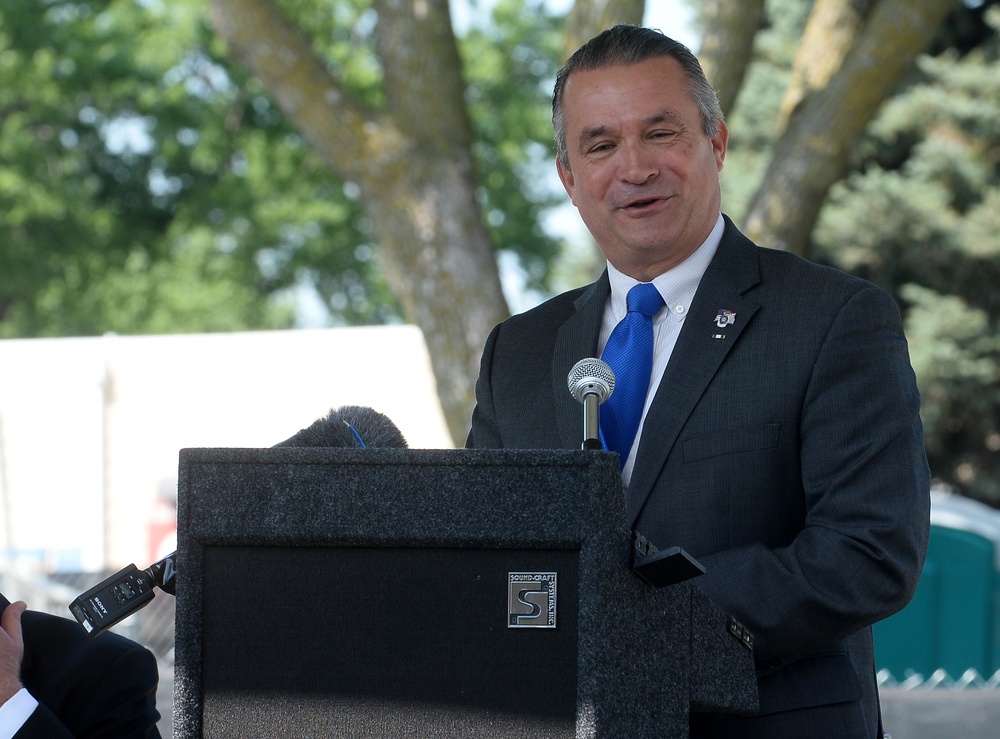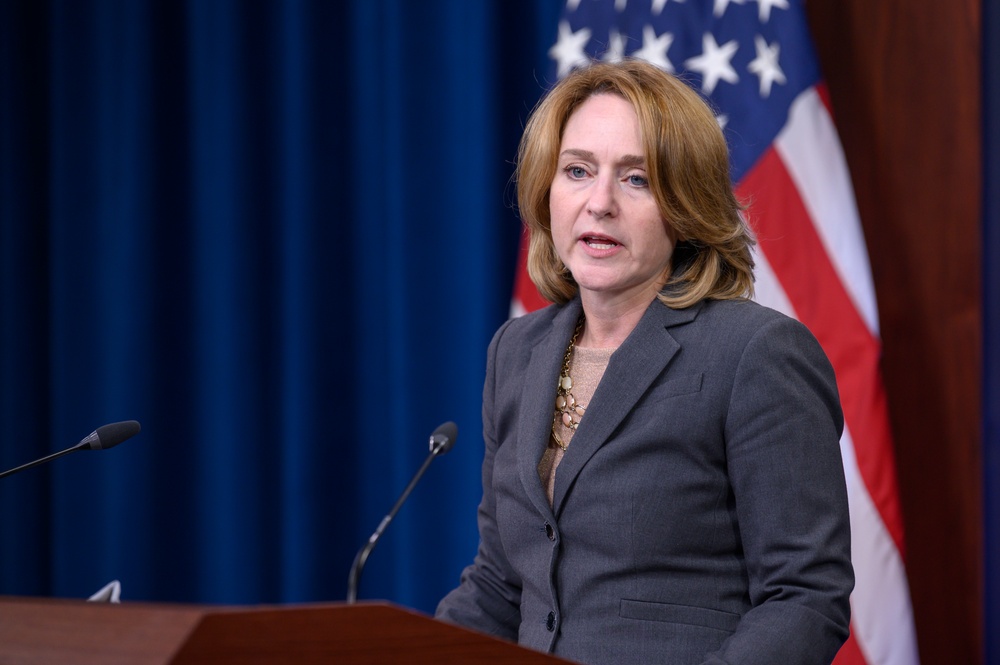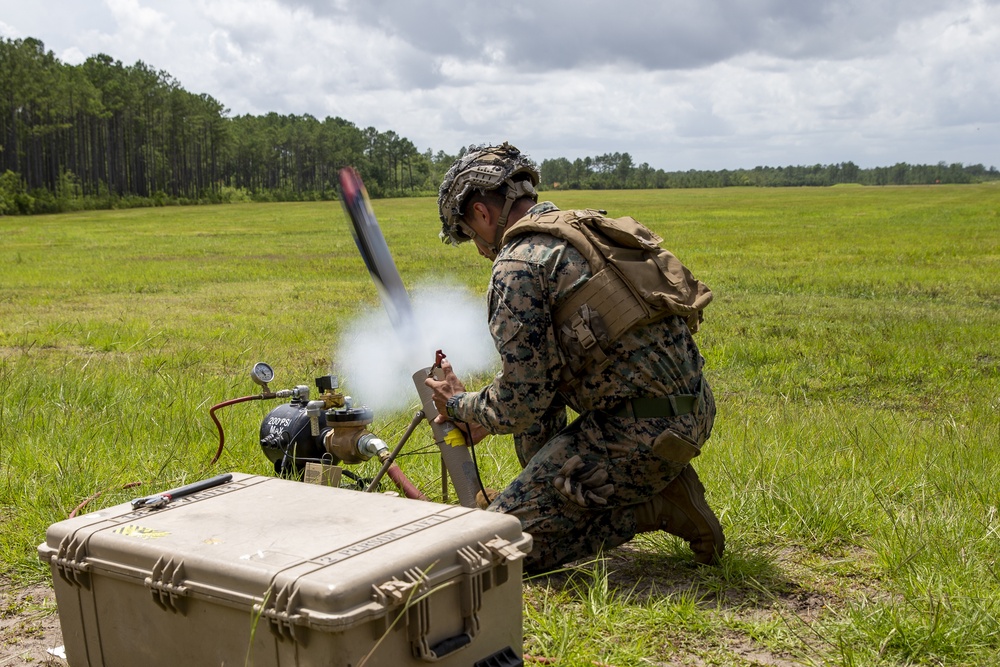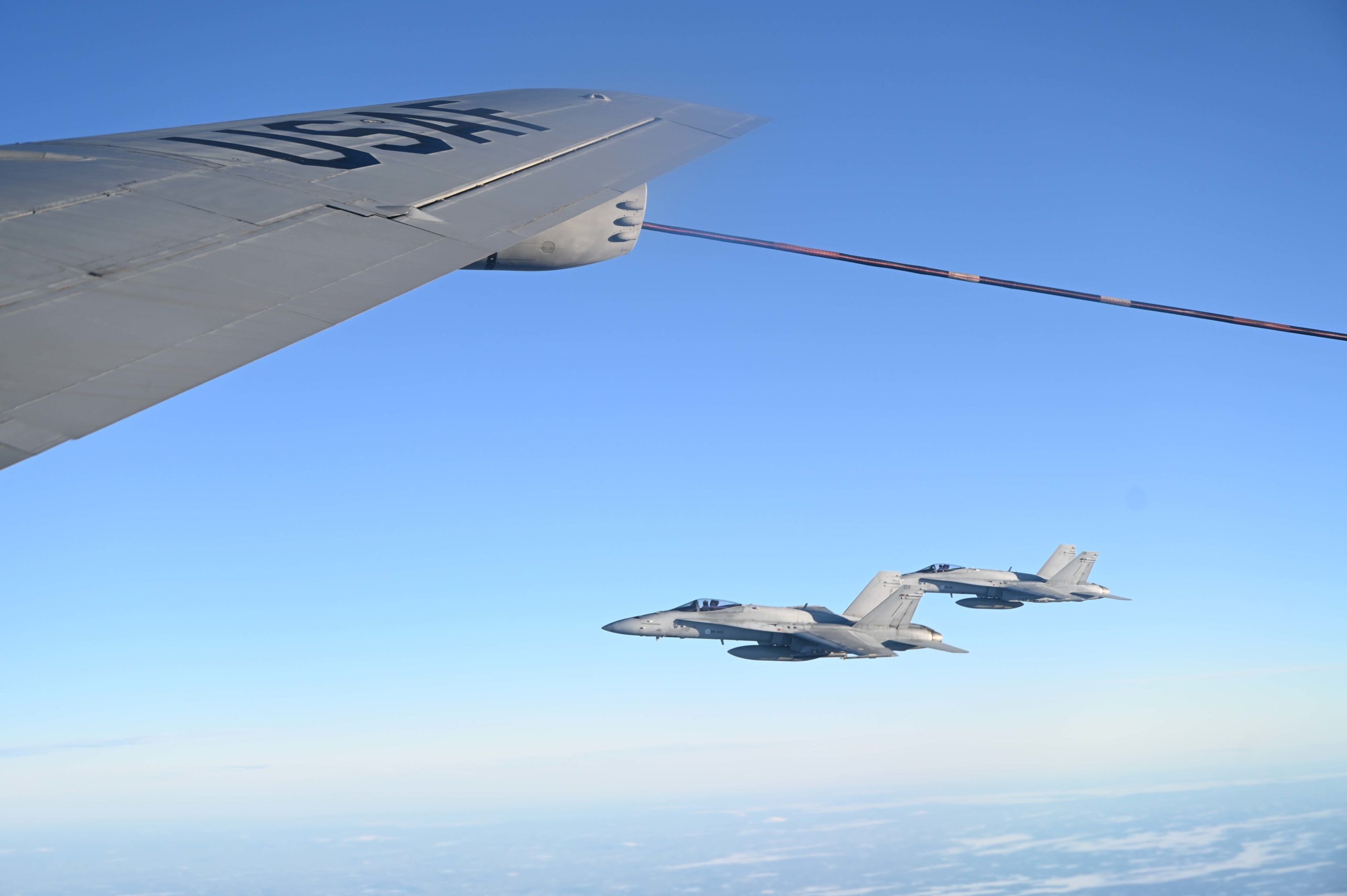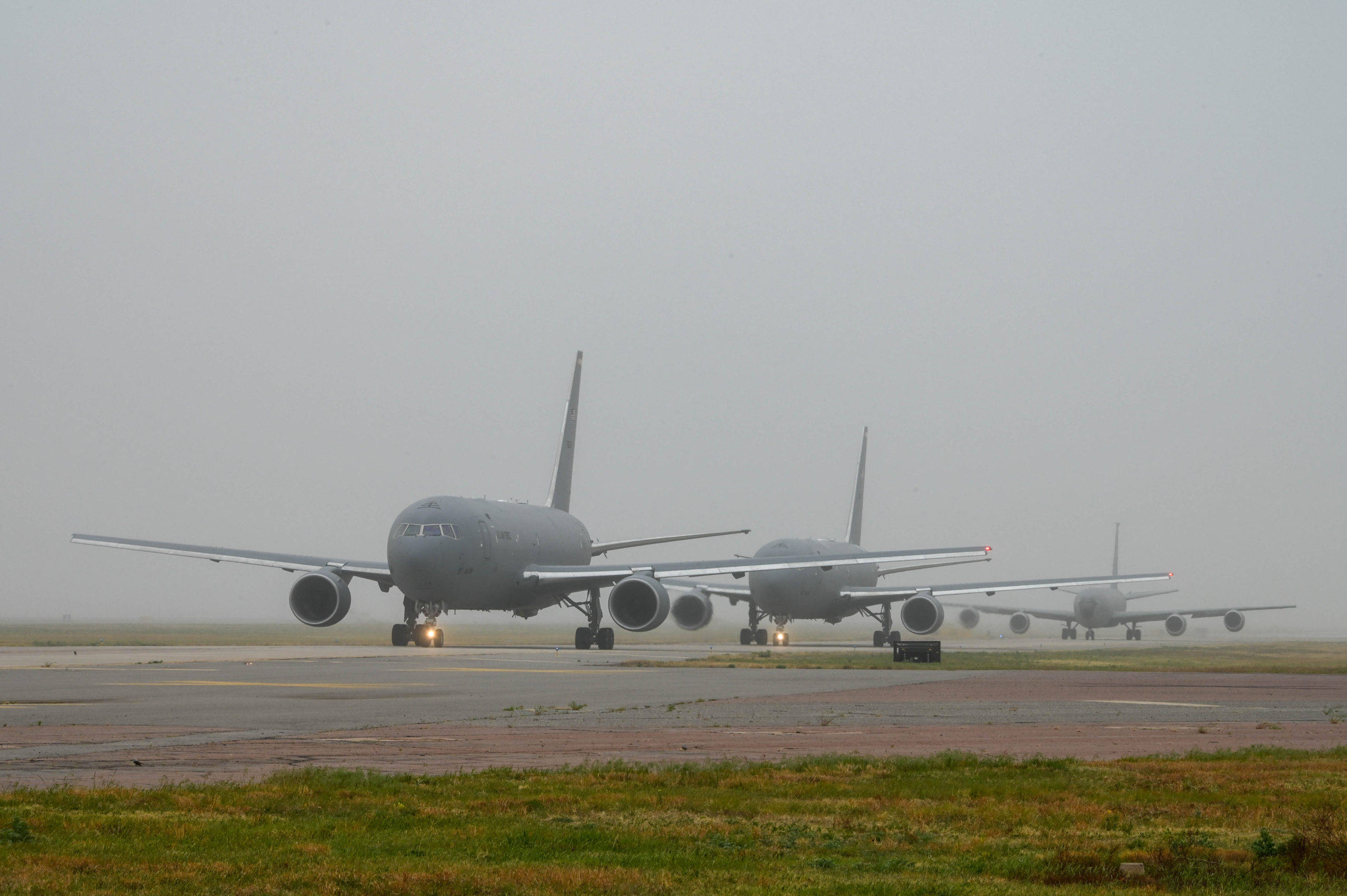When the Pentagon released its 2023 budget request on March 28, a graphic was shown to reporters breaking down the $773 billion in spending by department—and the Air Force led the way, with $243.1 billion in its accounts.
But when Air Force officials spoke to journalists later that afternoon, their budget documents showed just $194 billion, with an extra $40.1 billion marked as “non-blue.”
For Rep. Don Bacon (R-Neb.), the larger DOD approach is a perfect example of a budgetary problem that has plagued the Air Force for years. And the department’s approach is in line with how he wants to start addressing that problem.
For several years now, Air Force officials, members of Congress, and defense analysts have raised concerns over so-called “pass-through” funding—billions of dollars that are officially included in the department’s top line but are never actually controlled by the Air Force, instead going to classified or undisclosed programs.
The practice, critics say, distorts public perception, making it seem as though the Air Force has more money than it actually does.
“Taxpayers and policy leaders need to know how their money is being spent and apportioned,” retired Lt. Gen. Bruce Wright, president of the Air & Space Forces Association, said in a recent statement decrying the practice. “The pass-through distorts how the Congress and the American people view and understand Pentagon spending, a practice that hides funding from other agencies in a budget that has, for the past 30 years, been starved of the resources needed to maintain modern and ready Air and Space Forces.”
Now, Bacon, a retired Air Force brigadier general, is taking the latest run at changing the system, introducing the Defense Budget Transparency Act alongside Rep. Kaialiʻi Kahele (D-Hawaii).
It’s not the first time a lawmaker has tried to take on the issue—Bacon himself introduced legislation in the last Congress attempting to end pass-through outright, transferring those funds from the Air Force to the Defense-wide budget.
That bill, however, went nowhere, as it became an issue of jurisdiction between the House Armed Services Committee, on which Bacon and Kahele sit, and the House Appropriations Committee, which doesn’t “want to change their budget or their processes,” Bacon told Air Force Magazine.
With appropriations holding sway over the budget, Bacon is taking a different approach with this new bill.
Instead of ending pass-through, the bill would require a third-party study of the issue, looking back over the last 20 years to determine how much of an effect it has had on the Air Force. It would also require the Defense Department to include a separate line item in its budget materials for any pass-through funding—not shifting it but simply drawing attention to it, like the Air Force did with its own budget documents.
“We’re trying to get the art of the possible,” Bacon said. “The Appropriations Committee is resistant to changing this, which I think is just wrong. But we’re going to try to push it out as far as the envelope will allow.”
“The Defense Budget Transparency Act of 2022 is a critical step toward clarifying our nation’s investment in its Air and Space Forces,” Wright said in a statement. “The resulting report will go far to reveal opportunities to strengthen America’s security in the face of burgeoning Chinese and Russian threats.
Whether the bill will make any more progress than past attempts remains to be seen, but Bacon said he and Kahele are taking a two-pronged approach, introducing it as standalone legislation while also trying to get it included in the 2023 National Defense Authorization Act.
Regardless, Bacon, the former commander of the 55th Wing and director of ISR strategy, plans, doctrine, and force development at Headquarters U.S. Air Force, said he is prepared to keep pushing this issue.
“I think this is going to be one of those multi-year debates,” Bacon said. “I think we’re gonna win this because people like transparency, they like honesty. And I just think this practice cloaks the real budget numbers for the Air Force. And I think it’s misleading. … Most people in the [House Armed Services Committee] don’t even know about it.”
Bacon found out about that last point during a committee hearing in 2021 with Defense Secretary Lloyd J. Austin III. He asked Austin about pass-through funding, and shortly thereafter, “I had like five or six guys come around the table and go, ‘What are you talking about? Explain this to us.’ Even some of the leadership in the committee said they didn’t know about this,” Bacon said.
As more and more lawmakers become aware of the issue, Bacon is optimistic that support will build. At the moment, though, he said the argument he has heard for keeping pass-through as it is boils down to two points: “It’s too complicated to send the money through OSD,” and “We don’t want to give more visibility to all these OSD agencies that are getting the money.”
Bacon waved aside the first issue—“They make it sound like it’s brain surgery or something. We don’t buy it,”—and said the second issue can be addressed in other ways.
“We don’t have to spell out who’s getting it,” Bacon said. “We can just have, instead of it going to the Air Force, send it to the OSD staff, and have the OSD staff take it from there. … Instead of using the Air Force as the middleman, use OSD as the middleman.”
